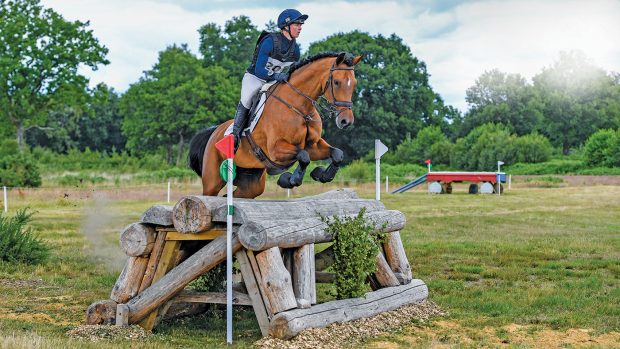Plans to clean up endurance put forward by an FEI taskforce were broadly supported by delegates at the general assembly in Montreux, Switzerland today (6 November).
But some critics say more could be done to deal with high levels of doping and fractures in Group VII (Middle Eastern) nations.
The endurance strategic planning group’s chair, Andrew Finding — who is also chief executive of the British Equestrian Federation (BEF) — told delegates that injuries in endurance had reached a “catastrophic level”.
There had been, he said, a “systemic failure” in managing the growth of the sport — which is now globally the second most popular equestrian discipline, behind showjumping.
Among the proposals put forward by Mr Finding and his colleagues on the strategic planning group were:
> endurance trainers to become the “person responsible” for the horse’s welfare, rather than the rider — and regulated as heavily as Flat racing trainers
> dope testing horses outside of competition
> introduce tougher ride qualifications; currently just one completion is necessary to progress to the next level
> improved reporting and monitoring of injuries
> tougher penalties for officials who fail to penalise rule violations
Theo Ploegmakers of the Dutch Equestrian Federation — which has criticised the strategy group for not being sufficiently independent — expressed his “compliments” to Mr Finding.
“What I have seen here today has impressed me. I am absolutely convinced that you’re on the right track and we will support you to the end,” he said.
But Belgian national coach Pierre Arnould said “the vast majority of responsible riders” were paying for a “small minority”.
The FEI should take “immediate, strong” action against the 3 federations causing 90% of the problems, he said.
There was criticism, too, from Malcolm McDonald of the Jamaican federation. Earlier this week he called for FEI president Princess Haya’s resignation due to the “conflict of interest” between her clean sport role and her marriage to Sheikh Mohammed — whose endurance stables have been at the centre of much of the controversy.
Mr McDonald said a wider programme of dope testing should be put in place.
“Test the horses and eliminate them aggressively within the next 3 to 5 years,” he said.
“You will eliminate it [the problem],” he said.



